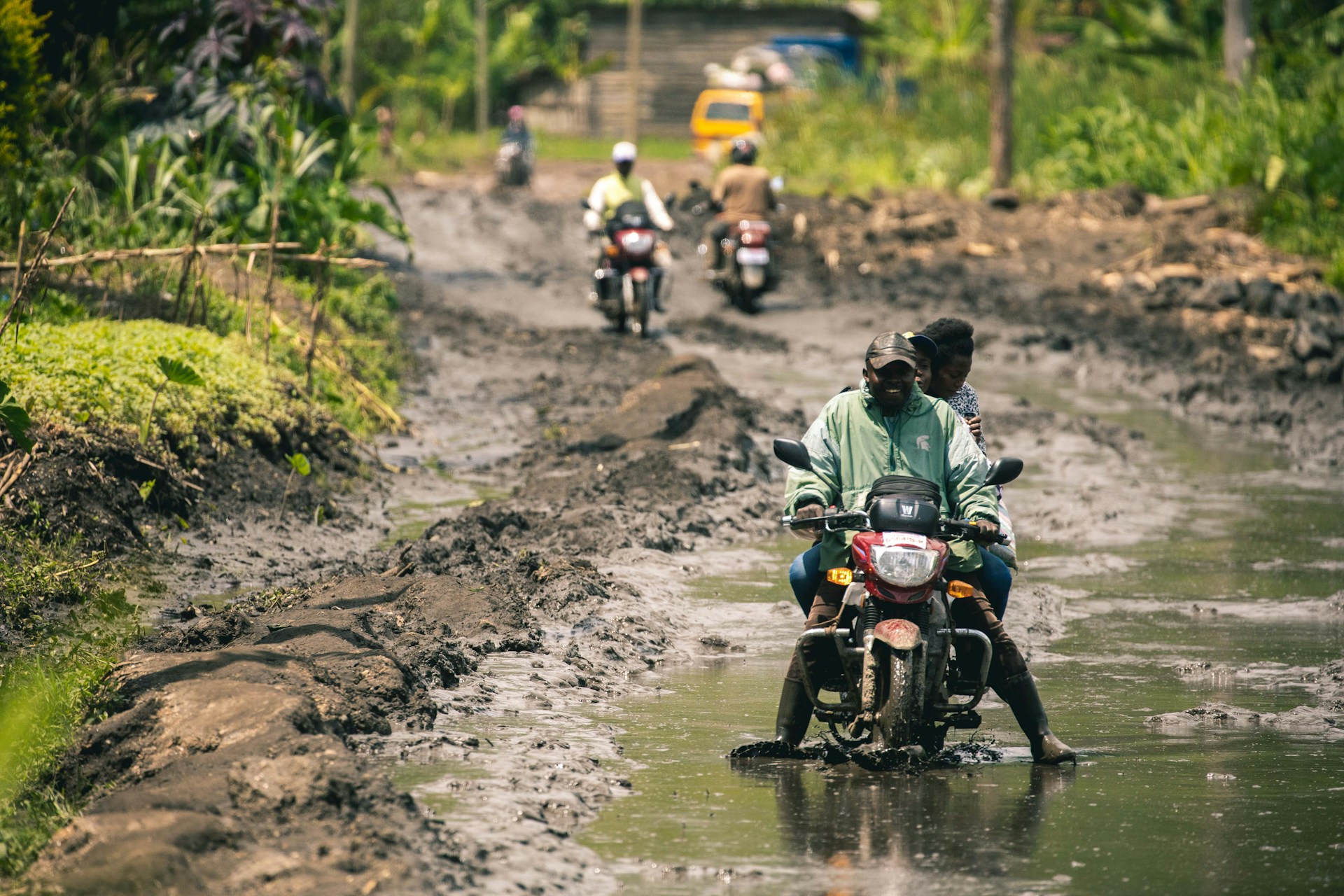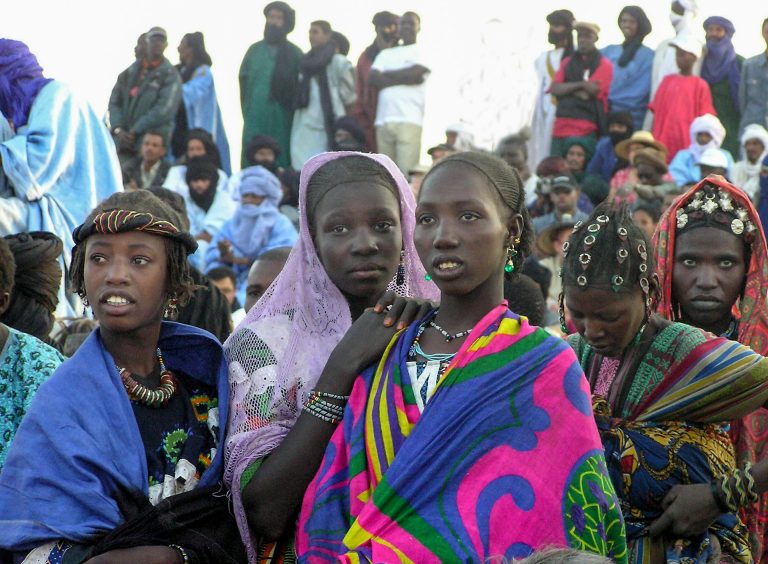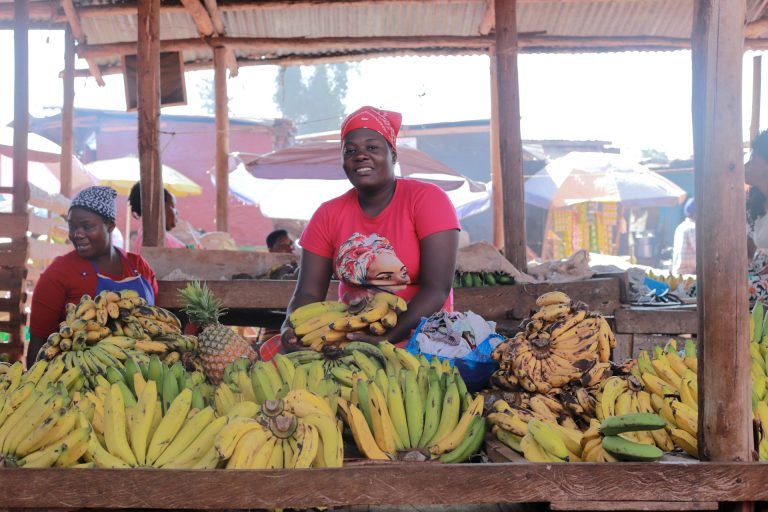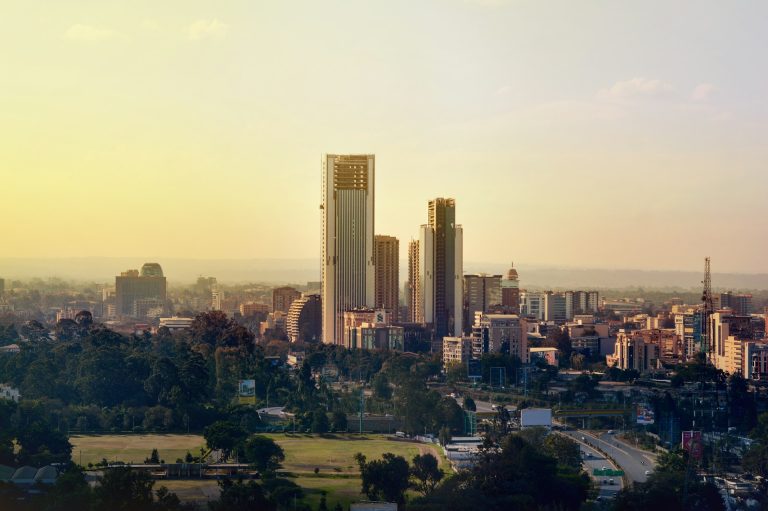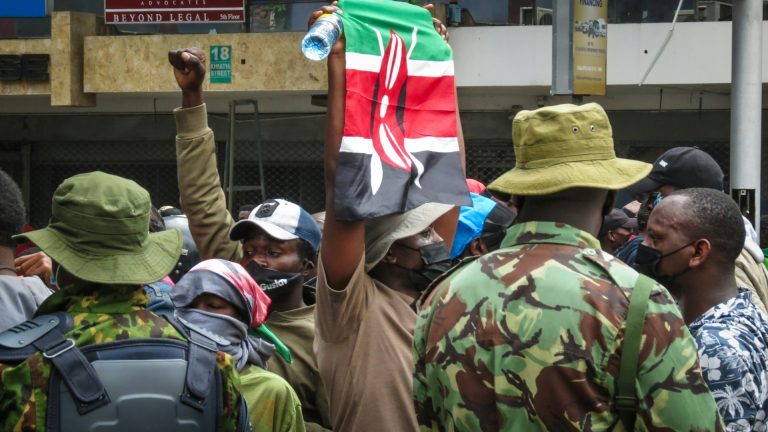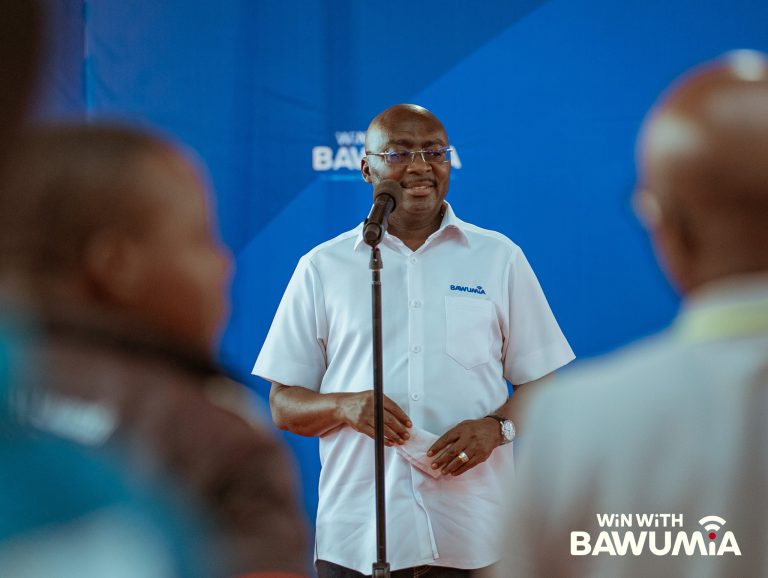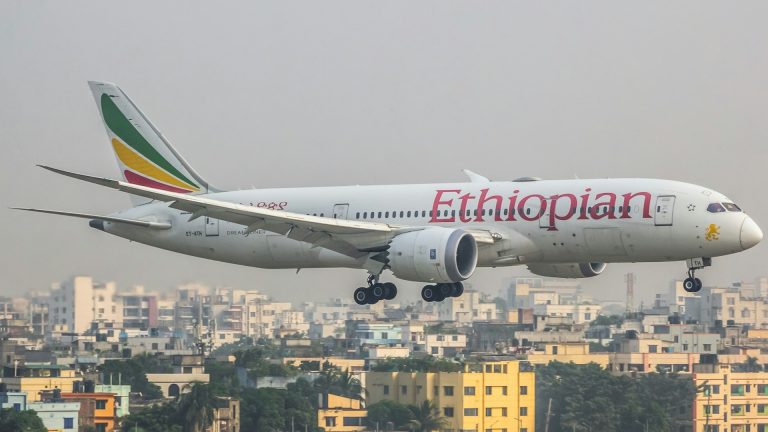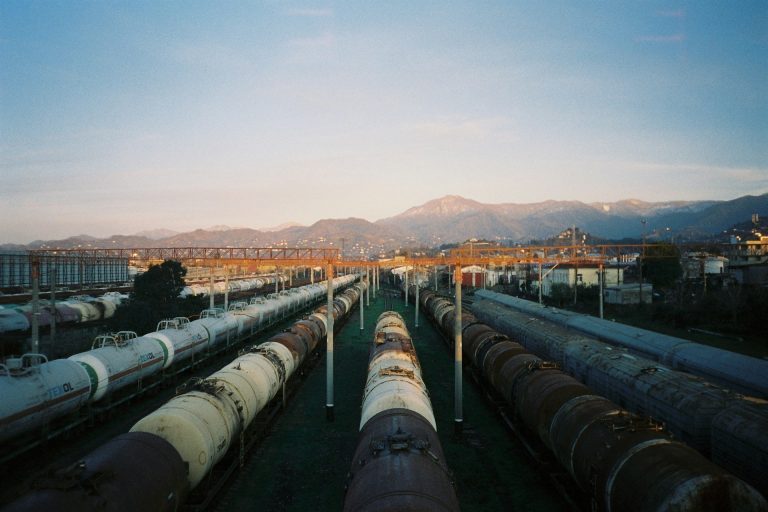- Congo eyes debt-for-nature swap to ease debt and boost climate finance
- Move follows $670mn Eurobond return to markets after 18 years
BRAZZAVILLE, CONGO – Congo is advancing plans for a debt-for-nature swap just weeks after returning to global bond markets for the first time in nearly two decades, aiming to ease debt burdens.
Finance Minister Christian Yoko said Brazzaville is in talks with European partners to convert part of its sovereign debt into conservation funding to protect the Congo Basin forests.
The deal would follow the country’s $670mn Eurobond issued in October and could mark its most ambitious financial reform since the latest International Monetary Fund (IMF) programme.
“This is about turning our forests into a global public good,” Yoko said. “We want to convert debt pressure into climate opportunity.”
Tackling debt and climate pressures
Congo’s external and overall debt remain classified as “in distress” but sustainable if reforms continue, the IMF said. As of December 2023, China held 12.3% of Congo’s GDP in external debt, alongside major commercial lenders and oil traders expected to be fully repaid by end-2025 after restructuring agreements that included haircuts and maturity extensions.
Despite progress, arrears remain a weak spot. By June 2024, Congo had $497mn in external arrears and $2.57bn in domestic arrears, equivalent to 20.8% of GDP. Authorities recently cleared CFAF 57.4bn of newly accumulated arrears after more than a month of delays.
A debt-for-nature swap could help stabilise the country’s finances while advancing climate resilience. Congo’s forests store around 8% of the world’s carbon stocks, yet recurrent floods continue to “destroy infrastructure and food crops, undermining growth and exacerbating inequalities,” IMF staff noted.
Unlike traditional borrowing, a debt-for-nature swap restructures existing obligations at a discount, with savings redirected to conservation and climate programmes. Congo has already pledged to integrate climate criteria into public investment and is seeking access to the IMF’s Resilience and Sustainability Facility, a tool designed to mobilise long-term climate finance.
Fuel subsidies remain one of Brazzaville’s biggest fiscal challenges. These subsidies cost 4.5% of GDP in 2022 and 2.5% in 2023 – higher than public health spending and nearly equivalent to education. The government raised pump prices by 30% in 2023 and plans full liberalisation by end-2026.
Officials say cutting subsidies and boosting tax collection are crucial to freeing resources for climate initiatives.
Rebuilding market confidence
Congo’s surprise Eurobond sale in October – the first since its 2007 default – helped refinance short-term debt and reestablish market credibility. The issue also signalled that international investors were again open to Brazzaville’s reforms after years of financial isolation.
Other emerging markets have successfully used nature-linked financing to reduce debt. Belize cut its external debt by $553mn through a marine conservation swap in 2021, while Gabon issued a $500mn “blue bond” in 2023 tied to ocean protection.
Congo hopes to emulate these successes, betting that its vast forests can attract similar investor interest. Authorities have committed to improving debt transparency, releasing quarterly debt reports, and expanding disclosure to include state-owned firms and local governments.
Still, the IMF cautions that such instruments may be “premature” without stronger fiscal stability and deeper financial markets. The Fund also warned that subsidy reforms could fuel social discontent, with 54% of Congolese still living on less than $1.90 a day.
For Brazzaville, the deal is not only financial but political. A successful swap would strengthen its climate credentials and ease liquidity pressures without resorting to harsh austerity.
